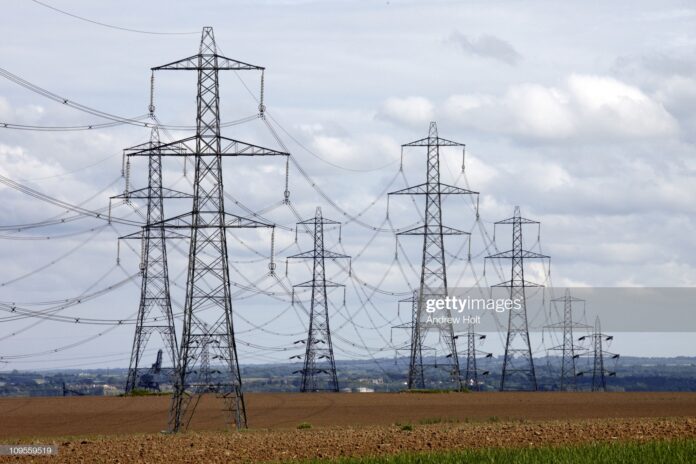In an unusual move, Maine’s state Supreme Court has declared unconstitutional a ballot initiative that would, if passed by the voters, have blocked a power line project running through Maine to Massachusetts. The state Supreme Court sent the case back to the Superior Court, directing it to rule that the initiative is unconstitutional and barring any legal challenge by Secretary of State Matt Dunlap (D) to keep it on the ballot.
Who Decides Power Line’s Fate?
In 2019, Maine’s Public Utilities Commission (PUC) approved Central Maine Power’s (CMP) proposed project to construct a 145-mile transmission line cutting through western Maine to Massachusetts, per a deal between the two states, to bring power from hydroelectric plants in Quebec to the region. CMP said the power line is necessary to ensure reliable power, as the region’s coal power plants are being shuttered and new natural-gas power plants and the pipelines to deliver the fuel are being blocked by lawsuits across the northeast region. PUC agreed.
Opponents of the initiative gathered enough signatures to put a ballot initiative before the voters in the November 2020 elections that would reverse PUC’s decision and block the power line.
Supporters of the power line project, including CMP and a subsidiary, New England Clean Energy Connect (NECEC), challenged the constitutionality of the ballot initiative in court. The plaintiffs argued Maine’s law was clear, that more than 100 years ago the state legislature had delegated to PUC the sole authority over most utility-related decisions. CMP and NECEC also argued it was appropriate for the courts to decide the constitutionality of the ballot initiative.
Supreme Court Reverses Precedent, Lower Court
The decision by the Supreme Court to prevent the initiative from being put before the voters was unprecedented. Courts in Maine have never before blocked an initiative which had garnered the appropriate number of valid signatures. Instead, the courts had always interpreted Maine’s constitution as allowing voters decide an issue at the ballot box. This was the precedent the Superior Court followed when it dismissed opponents’ challenges to the ballot initiative in June, ruling courts did not need to decide the constitutionality of the referendum before the election.
The plaintiffs appealed the decision to the Supreme Court, arguing court system did have the power under Maine’s Constitution both to hear the case and to block this particular initiative. During oral arguments, Dunlap testified the Secretary of State’s assistant district attorney general agreed it would be proper for the Supreme Court to rule on the constitutionality of this particular ballot question, and asked it to do so.
“[The referendum] exceeds the scope of the people’s legislative powers conferred by … the Maine Constitution,” the Supreme Court ruled in its August 13 decision, directing the Superior Court to bar the initiative as unconstitutional.
Calls Decision Legal, Beneficial
The Supreme Court’s ruling was correct as a matter of law and will benefit Maine’s economy and its environment, Thorn Dickinson, president of the NECEC, told WBUR.
“They determined that the initiative failed to meet the constitutional requirement,” said Dickenson. “It was clear to me, anyway, that this would be the likely outcome.
“The ruling by the Maine Supreme Court is a victory for the state of Maine and our future, both environmentally and economically,” Dickinson said in a separate press release.
H. Sterling Burnett, Ph.D. (hsburnett@heartland.org) is a senior fellow at The Heartland Institute.


























